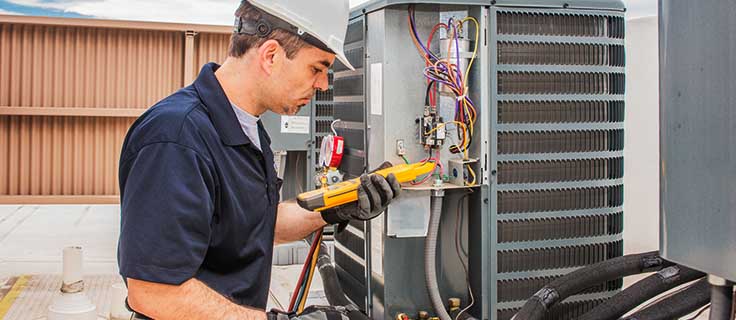What can you do with a residential electrician diploma?
If you’re interested in beginning a career in an essential industry, earning your residential electrician diploma can help you take the first steps toward reaching your goals. Electricity is used in almost every home, office, park, café, school...basically, anywhere you can think of, allowing trained electricians to find jobs in a variety of environments! Most electricians are employed full time, whether they work for contractors, construction companies, in manufacturing or with the government. This is just one of the many great reasons to prepare for a career as a residential electrician.
How much does a residential electrician make?
The national average salary for residential electricians can vary based on your experience, the company you work for, and the state in which you live. However, the average pay for electricians in 2023 was $61,590 per year or $29.61 per hour, according to the Bureau of Labor Statistics.*
What do I need to learn to become a residential electrician?
To become a residential electrician, you should have a foundational knowledge of electrical components, tools, and safety as well as an understanding of the NEC. With Penn Foster’s online residential electrician training program, you can build a solid foundation in basic electrical theory and skills that can help you take the steps toward starting a career with job security. Graduates of the program may qualify for entry-level jobs as electrical contractors, electrical linemen, and commercial electricians.
How do I become a residential electrician?
Most electricians have a high school diploma or equivalent and learn the trade through on-the-job apprenticeships. However, to enroll in our online Electrician Training Program, you only need a minimum 8th grade education. Employers may require that you do have a high school diploma before hiring you. Electricians also develop skills in the field through trade schools before seeking out apprenticeships. Entry-level electricians may need to complete an apprenticeship under experienced workers or supervisors after graduating from a trade school or vocational program. To become a residential electrician, you'll also need to meet any state licensing requirements and regulations which can vary from state to state. Click here for contact information for state licensing/regulatory boards and certain industry licensing information.












